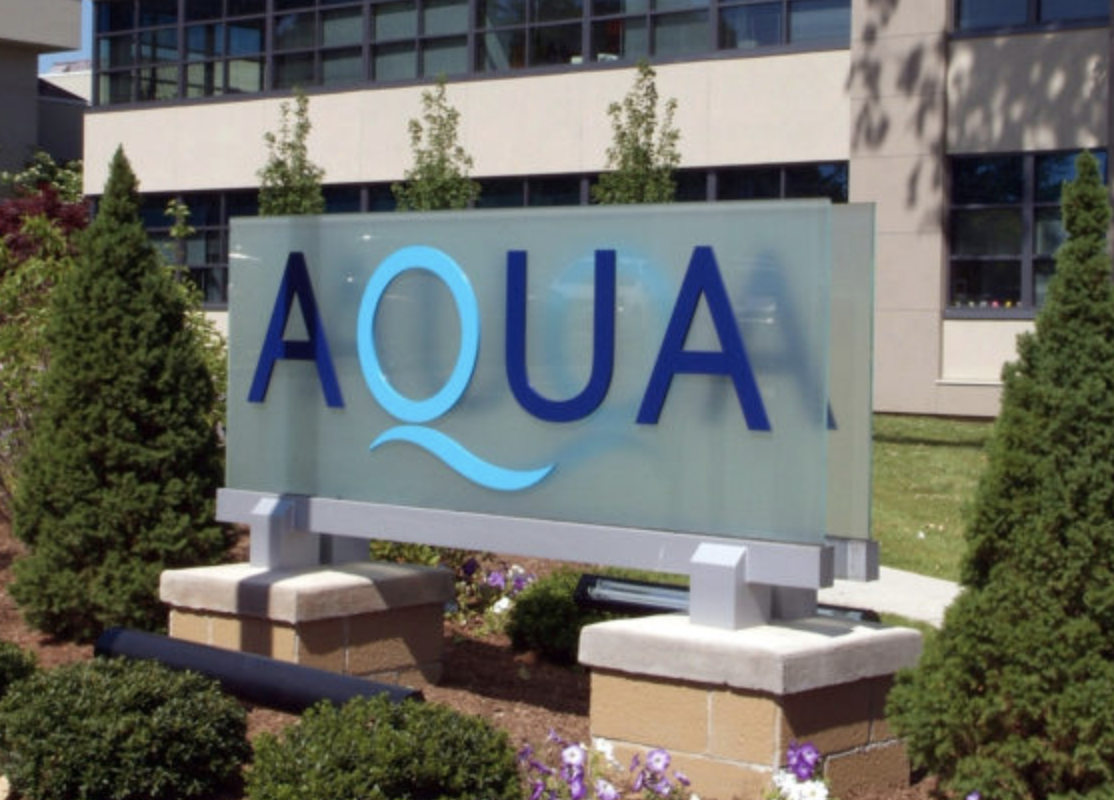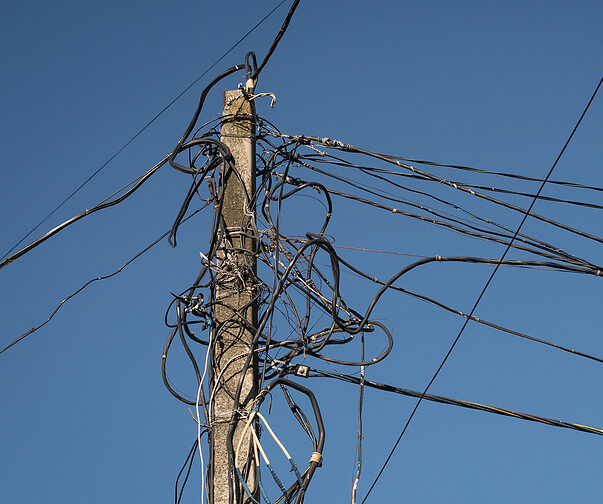In New Hanover, Reports of Smelly, Sediment-Filled Water on Aqua Lines

New Hanover residents in Montgomery County have been reporting significant water problems coming from their Aqua PA-owned water system in recent months, including foul smells and drinking water full of sediment.
The problem has grown so acute that earlier this month, Aqua PA and New Hanover hosted a joint town meeting to address the ongoing concerns over the town’s water supply.
A list of resident-submitted questions for the meeting reveals broad unhappiness with the town’s water quality:
- “Why is my next-door neighbor not having brown water if I am?”
- “Why should I be required to install sediment filters in my house if I am buying what should be drinking water?”
- “What is the timeframe for having a better quality of water?”
- “Is it safe to drink? It has a foul taste.”
In many cases, Aqua provided the same stock response to the inquiries: “We routinely test the water, and it continues to meet regulatory requirements.”
Residents at the meeting were far from satisfied with Aqua’s handling of the water system. And they let the company know it. “The water explodes out of the faucet, and it tastes crappy,” one resident told company and township officials, according to a report in the Pottstown Mercury.
“When I first turn on the shower, it smells awful. It has a rotten egg or sewer smell,” another said.
The embarrassing debacle comes as Aqua has faced withering criticism from residents in the Delaware Valley and beyond amid its ongoing efforts to buy local water systems.
Matt Miller, director of water quality and environmental compliance at Aqua PA, told DVJournal the company has been addressing complaints of water quality in the area since December 2021.
“We got a specialized flushing rig in immediately [after hearing the complaints],” Miller said. “It comes in with a truck and is able to do high-velocity flushing in the system. We took a look at a well in the area that’s the primary source for the neighborhood. We did some work to essentially raise the well pump and grout out the well bottom.”
Miller said the company continued to address sporadic reports of sediment in drinking water throughout 2022, with Aqua doing grout repairs to the area well in November of last year. The company had no further complaints until March of this year, he said.
The forum, he said, went well, with Aqua representatives setting up appointments with residents to go address their complaints at their homes.
“We feel like we’re in a good place now,” he said.
The company, whose parent corporation Essential Utilities manages wastewater and natural gas in eight states, has acquired multiple water systems in Pennsylvania in the wake of Act 12. That is the 2016 law which made it easier for private companies to buy municipal water networks.
Grassroots efforts like Neighbors Opposing Privatization Efforts (NOPE) have risen up to push back against efforts by Aqua and other companies to buy those systems, with NOPE and other residents spearheading resistance in locations including Bucks County, Willistown, Delaware County, and elsewhere.
NOPE’s Twitter handle—”@StopAquaPA”—reflects the group’s original aim to counter Aqua’s acquisition efforts in the area.
But the grassroots effort—which has chapters in multiple locations around the Delaware Valley—has expanded to push back against other companies as well. Towamencin’s NOPE chapter led a successful effort last month to change the township’s governance to home rule. The issue that drove the change was a sewer sale to NextEra Energy and Pennsylvania-American Water Company.
Towamencin officials have nevertheless stated their intent to continue ahead with the sale even after the charter ostensibly forbids them from doing so.
Please follow DVJournal on social media: Twitter@DVJournal or Facebook.com/DelawareValleyJournal





